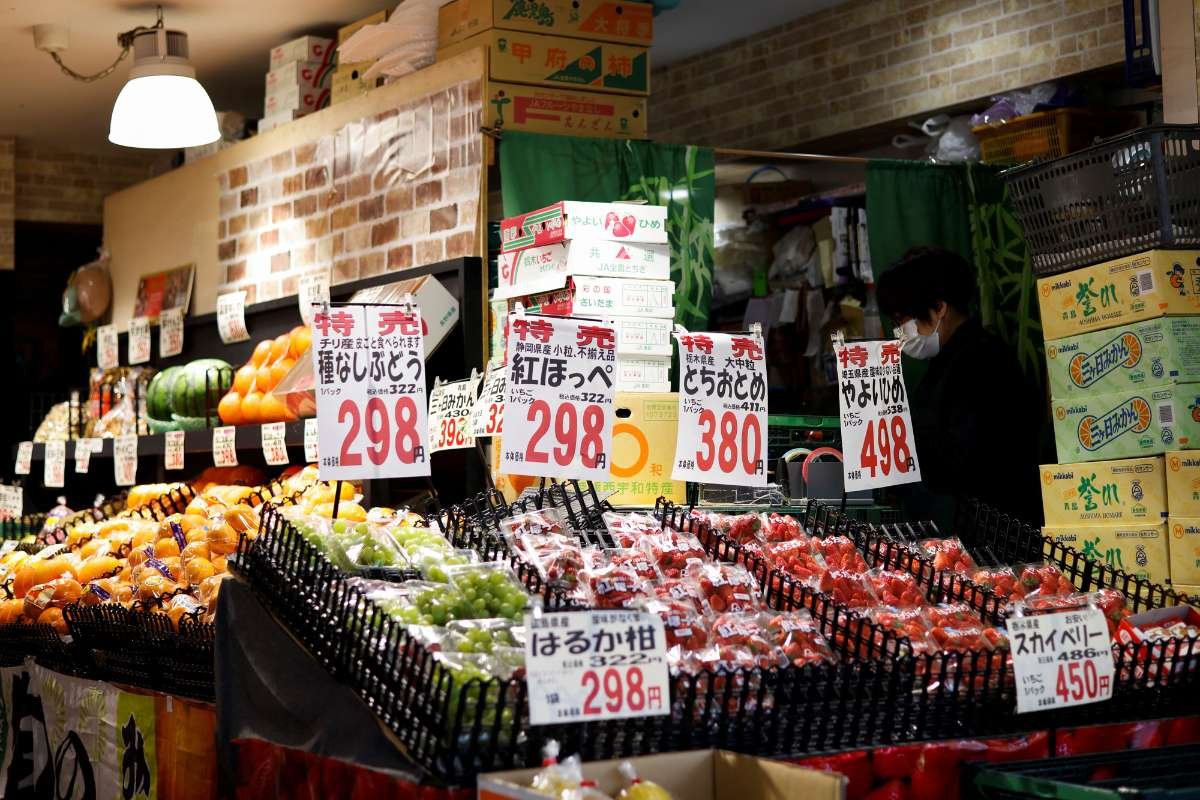Key Points:
- Tesla-Samsung partnership secures a $16.5 billion chip supply deal to power Tesla’s AI6 processors.
- The agreement revitalizes Samsung’s struggling foundry division amid mounting financial losses.
- The deal has broader implications for strengthening U.S.–South Korea trade and tech collaboration.
The Tesla-Samsung partnership was confirmed by CEO Elon Musk on Monday, finalizing a $16.5 billion chip supply agreement to support Tesla’s electric vehicle expansion. The announcement, made via Musk’s post on X (formerly Twitter), revealed that the chips would power Tesla’s next-generation AI6 processors. In response to the news, Samsung’s shares surged over 4%, reflecting investor optimism about the revival of its struggling foundry division.
Musk emphasized the strategic value of the deal, highlighting that Samsung’s new semiconductor fabrication plant in Taylor, Texas, would be central to producing these AI chips. He further noted that Tesla would play an active role in improving manufacturing efficiency, adding, “I will walk the line personally to accelerate the pace of progress,” referring to his hands-on approach. The proximity of the plant to Musk’s residence was also mentioned as a convenient factor.
Samsung had previously disclosed the $16.5 billion contract without identifying the client, citing confidentiality agreements. However, three sources familiar with the negotiations confirmed that Tesla was indeed the recipient. The partnership marks a long-term commitment, with the contract set to run through 2033.
Samsung’s Foundry Business Gets Much-Needed Boost
This landmark agreement is poised to rejuvenate Samsung’s loss-ridden contract manufacturing division, which has been underperforming amid fierce competition. Industry analysts estimate that the foundry business suffered losses exceeding 5 trillion won ($3.63 billion) in the first half of 2025. The Tesla deal could help reverse this trend, especially as Samsung battles to catch up with foundry leaders like TSMC and SK Hynix in the advanced AI chip space.
The Tesla-Samsung partnership highlights Samsung’s global leadership in memory chips, while also reflecting its ongoing challenges in the logic chip sector produced through its foundry operations. Losing major clients such as Apple and Nvidia to Taiwan-based TSMC has further strained its profitability and market share. Analyst Pak Yuak of Kiwoom Securities stated that the Tesla deal could ease some of the financial pressure and possibly win back credibility in the contract chip manufacturing sector.
Despite ongoing efforts, Samsung faces difficulties in improving production yields for its 2-nanometer process technology. According to BNK Investment & Securities analyst Lee Min-hee, the Tesla order is not expected to involve this most advanced tech node but will still be a critical step forward in rebuilding Samsung’s foundry reputation.
Broader Implications for U.S.-South Korea Trade and Tech Ties
The Tesla-Samsung partnership also holds significance beyond corporate strategy. The agreement is likely to play into broader geopolitical and economic goals, especially as South Korea pursues closer semiconductor and shipbuilding partnerships with the United States. The timing is crucial, as Seoul seeks to secure trade agreements that could mitigate or eliminate potential 25% tariffs from Washington.
Industry observers note that the revived Taylor plant could serve as a key asset in deepening U.S.-South Korea tech collaboration, potentially influencing future bilateral trade policies. As Samsung looks to stem its market share losses and Tesla scales its AI capabilities, the multi-billion-dollar deal represents a strategic win for both companies and a broader alignment of industrial interests between two major economies.


















